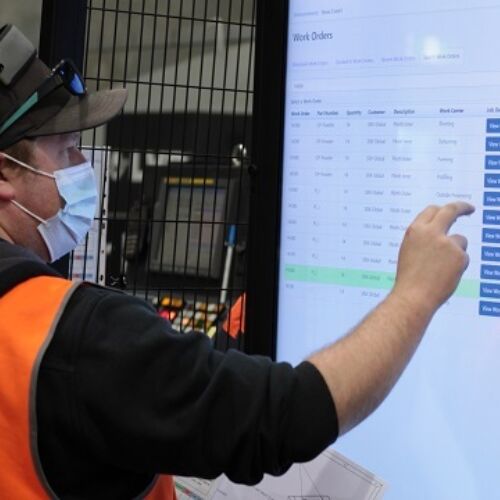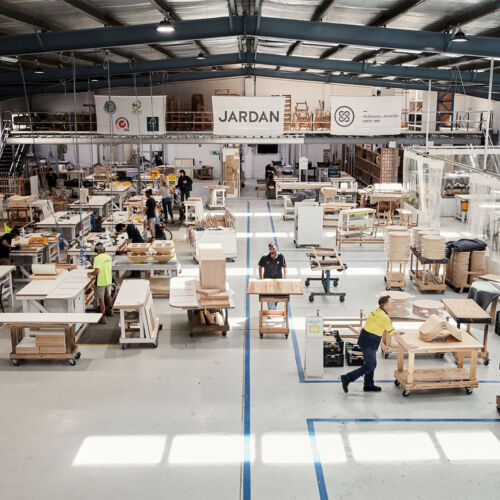Background and circular economy
Founded in 1991, Integra Systems is an industrial design, engineering, and advanced manufacturing enterprise which specialises in products with a core metal focus.
Integra Systems focuses on the circular design and mostly on optimal use aspects that place them on the circular economy value hill. They demonstrate a championing level of maturity in the circular economy (21/25). They achieve this through process monitoring in terms of possible improvements in circular economy practices, raising stakeholders' awareness of environmental opportunities, having an environmental management system, and redesigning the business towards a circular economy model.
Drivers for circular economy adoption
The owner's personal values and passion for sustainability was the key driver, and motivated the management team and employees. Combined, these transformed the company to be an industry leader for sustainability. The market appeal for circular products (especially the government sector) built customer confidence, which also drove Integra Systems towards the circular model.
Circular economy practices adopted
- Design for circularity
- Digitalisatoion to support a paperless facility
- Waste reduction
- Energy efficiency
- Efficient manufacturing techniques
- Use of recycled materials
- Modularity for reuse or redeploy
- Repair of products
- Long-lasting/high quality products
- Modularity for refurbishing
Company changes with the adoption of circular economy
The circular economy philosophy has been a key part of their design and operations since inception.
Barriers and challenges
Barriers and challenges include:
- Suppliers’ reluctance toward circularity
- Lack of visibility to confirm supplier environmental-circularity compliance
- Australia’s immaturity regarding understanding circular economy requires a lot of education to convey the value proposition
Critical success factors for circular economy
Critical success factors include:
- Vision and commitment from the leadership
- Circularity being built in at all stages (design to recycling)
- Being persistent in the circular journey as a long-term strategy
- Collaboration, knowledge sharing, and sharing of success stories between companies, NGOs, government, academia
- Support and buy-in from customers and the downstream supply chain for the circular economy initiative
Benefits of adopting a circular economy
The key benefits for Integra Systems of adopting the circular economy model have led them to grow the company, and create a better culture for staff. Cost savings and environmental impact are measurable, it has helped provide a better product to its customers and has also reaped market and branding benefits.



